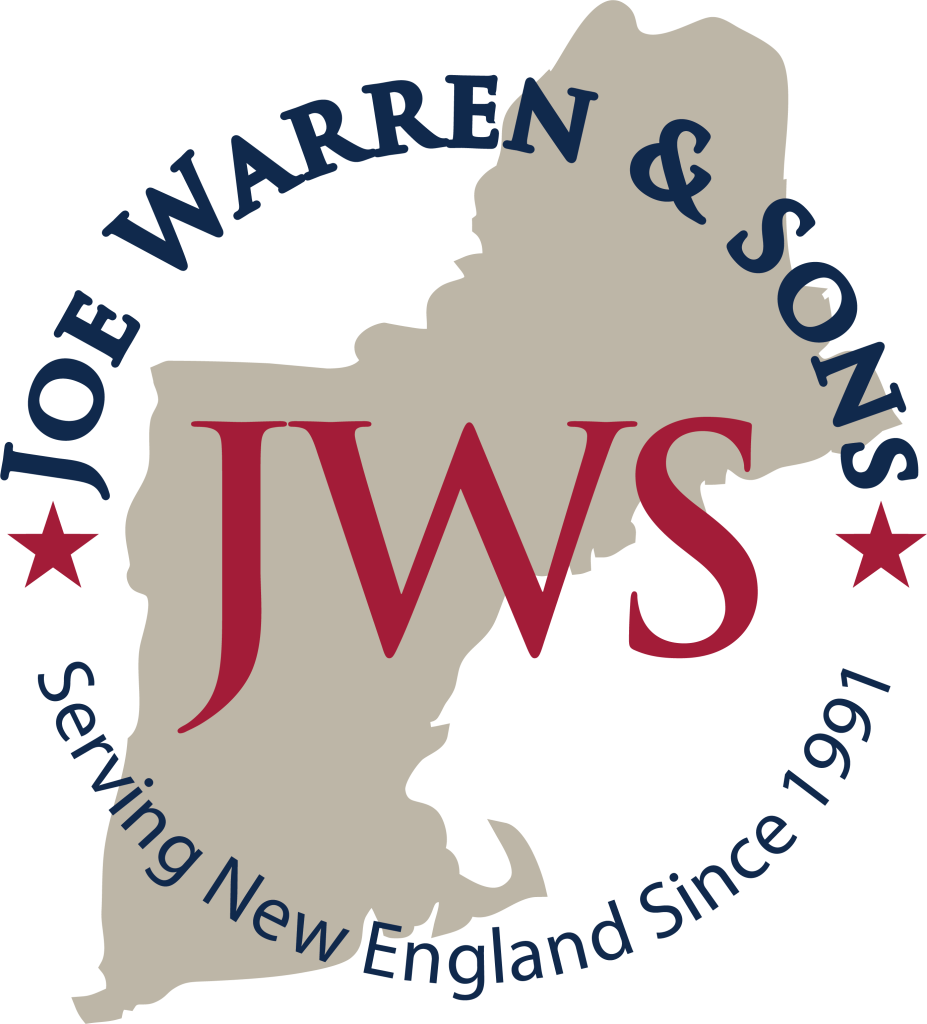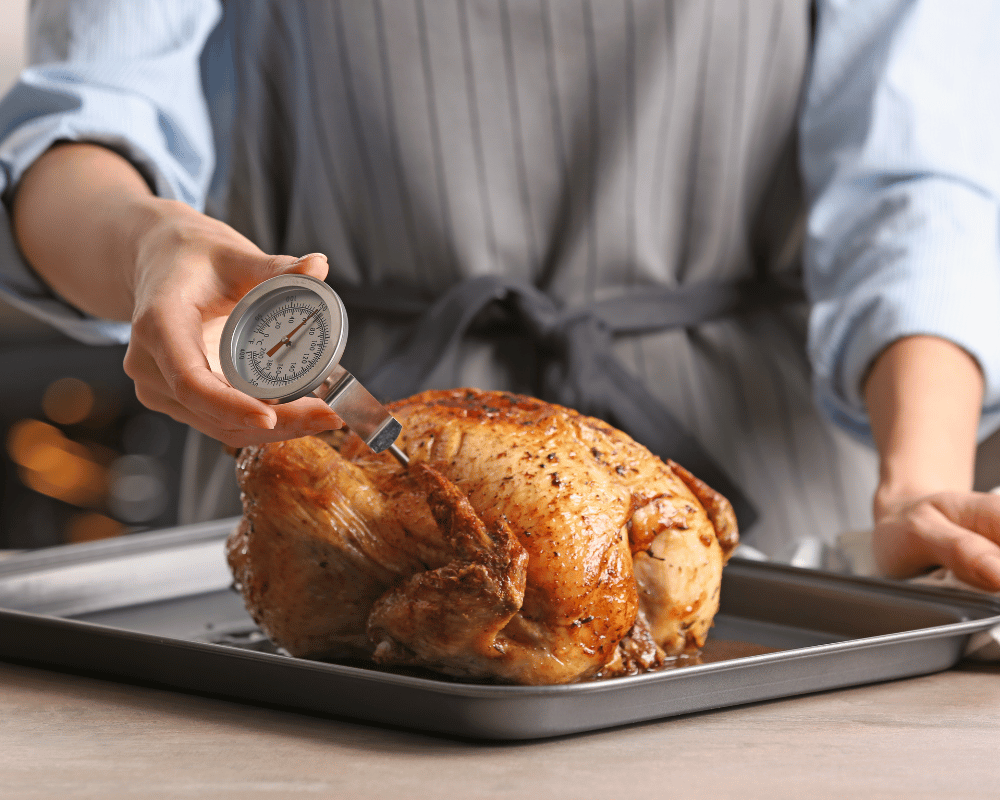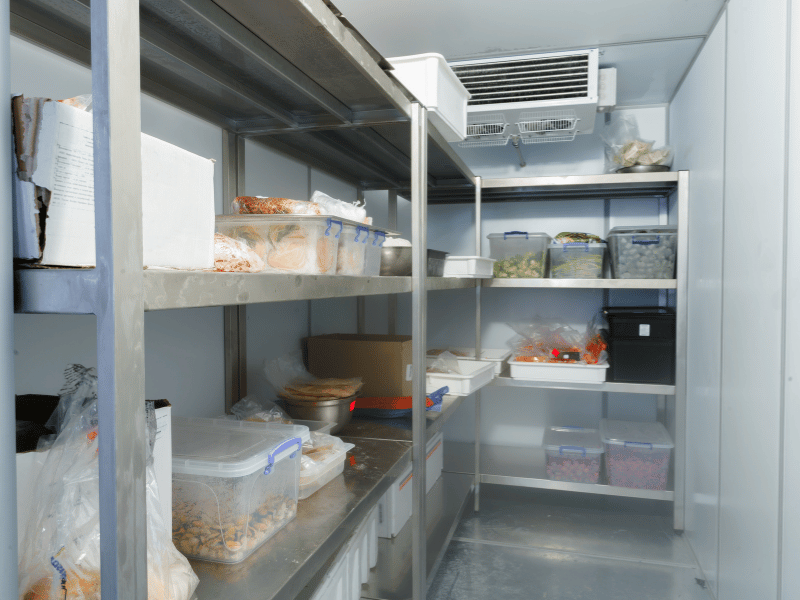For New England businesses operating commercial kitchens, staying compliant with safety and health regulations is essential not only for legal reasons but also to ensure the safety of staff and customers. Joe Warren & Sons understands that the complexities of federal, state, and regional safety standards can be overwhelming, especially for businesses aiming to maintain high levels of food safety and operational efficiency. This post will explore key standards that every New England business should know to remain compliant and avoid costly fines or disruptions.
1. Understand Federal Regulations: FDA and OSHA Compliance
FDA Food Code: The FDA sets the groundwork with its Food Code, which guides food service businesses in maintaining clean, safe kitchens. Adhering to these guidelines reduces the risk of contamination and foodborne illnesses. Key areas covered by the FDA Food Code include:
- Proper food storage and handling practices
- Temperature controls for both cooking and refrigeration
- Regular sanitization of surfaces and equipment
OSHA Safety Standards: OSHA’s regulations extend beyond food safety to cover general workplace safety, ensuring that kitchens operate safely. OSHA focuses on:
- Protection against potential hazards, such as electrical safety for commercial equipment.
- Proper ventilation and safe handling of chemicals.
- Staff training on emergency protocols and personal protective equipment (PPE) usage.
2. New England-Specific Health Codes and Requirements
Each state in New England has its own set of health codes, adding another layer of requirements for businesses to navigate. For example:
- Massachusetts Department of Public Health requires food establishments to submit to regular inspections. Food managers must obtain certification in food safety to ensure they understand safe handling practices.
- Connecticut Public Health Code emphasizes cleanliness standards for food equipment, specifically noting how refrigeration and commercial food equipment should be inspected and maintained to prevent hazards.
Failing to adhere to these state-specific regulations can result in fines or even the closure of the establishment until issues are resolved. Businesses can stay on top of their obligations by scheduling regular equipment maintenance and ensuring that certifications are up to date.
3. Prioritize Fire Safety and Proper Ventilation
Fire hazards are common in commercial kitchens, so following the National Fire Protection Association (NFPA) guidelines is essential. Proper ventilation through well-maintained exhaust hoods and ducts helps control the risk of grease fires, a primary concern in commercial food establishments. Additionally, many New England states require regular fire suppression system inspections.
Scheduling periodic equipment checks ensures that ventilation systems function effectively and that fire safety mechanisms are in place and up-to-date, further ensuring compliance.
4. Focus on Food Storage and Refrigeration Standards
Proper refrigeration is vital for food safety, as perishable items can quickly become unsafe if not kept at the correct temperatures. The FDA requires that refrigerated foods are stored at 41°F or below, while frozen foods should be kept at 0°F. Local health inspectors frequently check for compliance, ensuring that your refrigeration units maintain the required temperatures to prevent bacterial growth.
Regular servicing from companies like Joe Warren & Sons can ensure that refrigeration units remain functional, compliant, and efficient. Proactive maintenance can also help businesses avoid costly repairs and ensure compliance with temperature and storage standards.
5. Employee Training and Certification Requirements
Training is not only a best practice but a regulatory requirement in many areas. Employee training in areas such as food handling, equipment usage, and emergency protocols is essential. Most New England states require at least one certified food safety manager on duty at all times in food service operations. Certification programs like ServSafe provide necessary credentials and training in safe food handling, cleaning protocols, and emergency response.
Well-trained employees understand their roles in maintaining a safe environment, reducing risks and helping the business stay compliant. Encouraging ongoing training and certification not only improves safety but also fosters a culture of accountability and excellence.
Compliance with commercial kitchen safety standards may seem complex, but prioritizing regular maintenance, employee training, and adherence to both federal and state guidelines can make it manageable. At Joe Warren & Sons, we support New England businesses with expert maintenance and service for refrigeration, cooking, and other commercial food equipment, helping businesses stay compliant and keep operations running smoothly.
For expert guidance in keeping your kitchen up to code, feel free to reach out to Joe Warren & Sons today!






